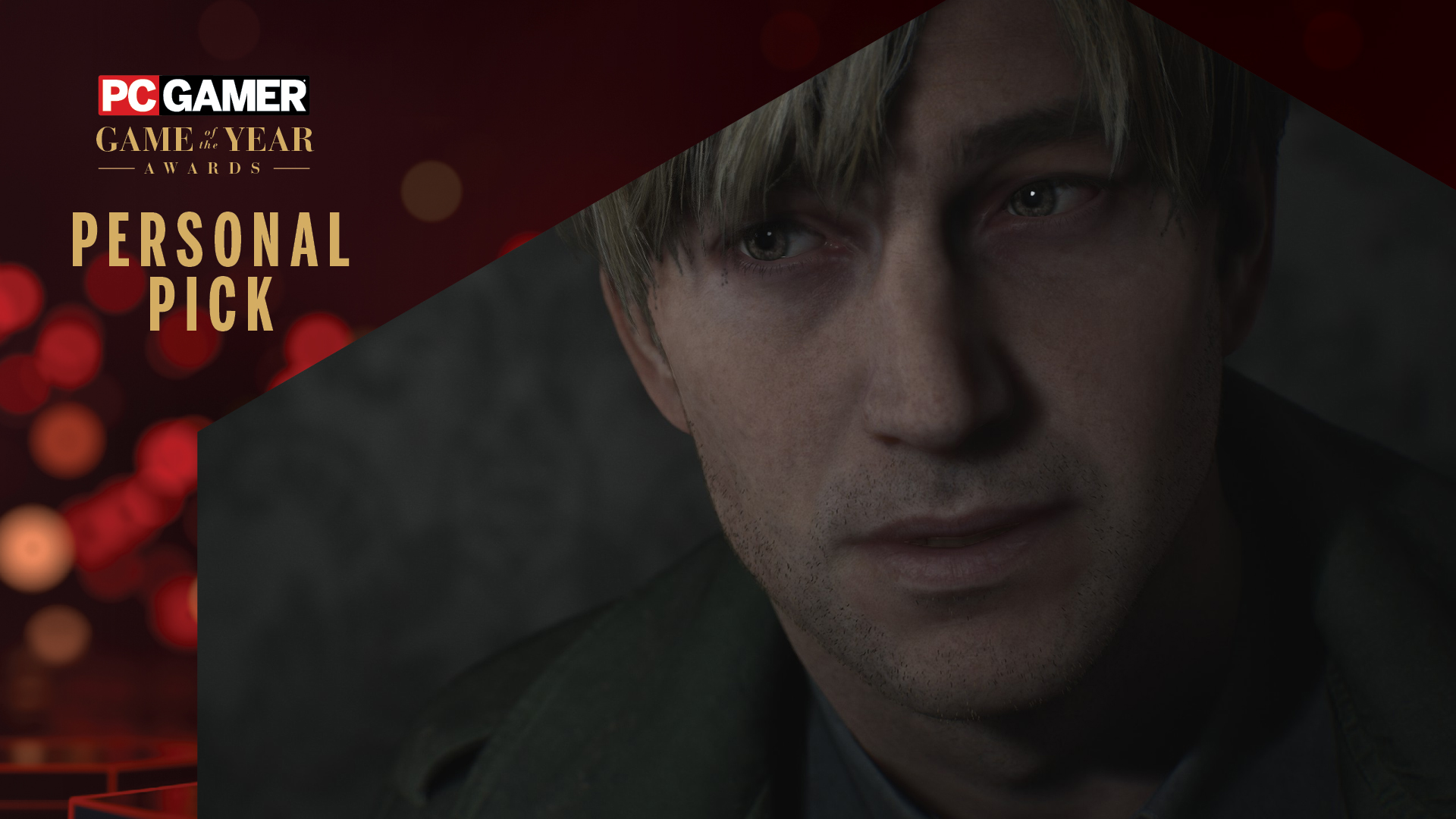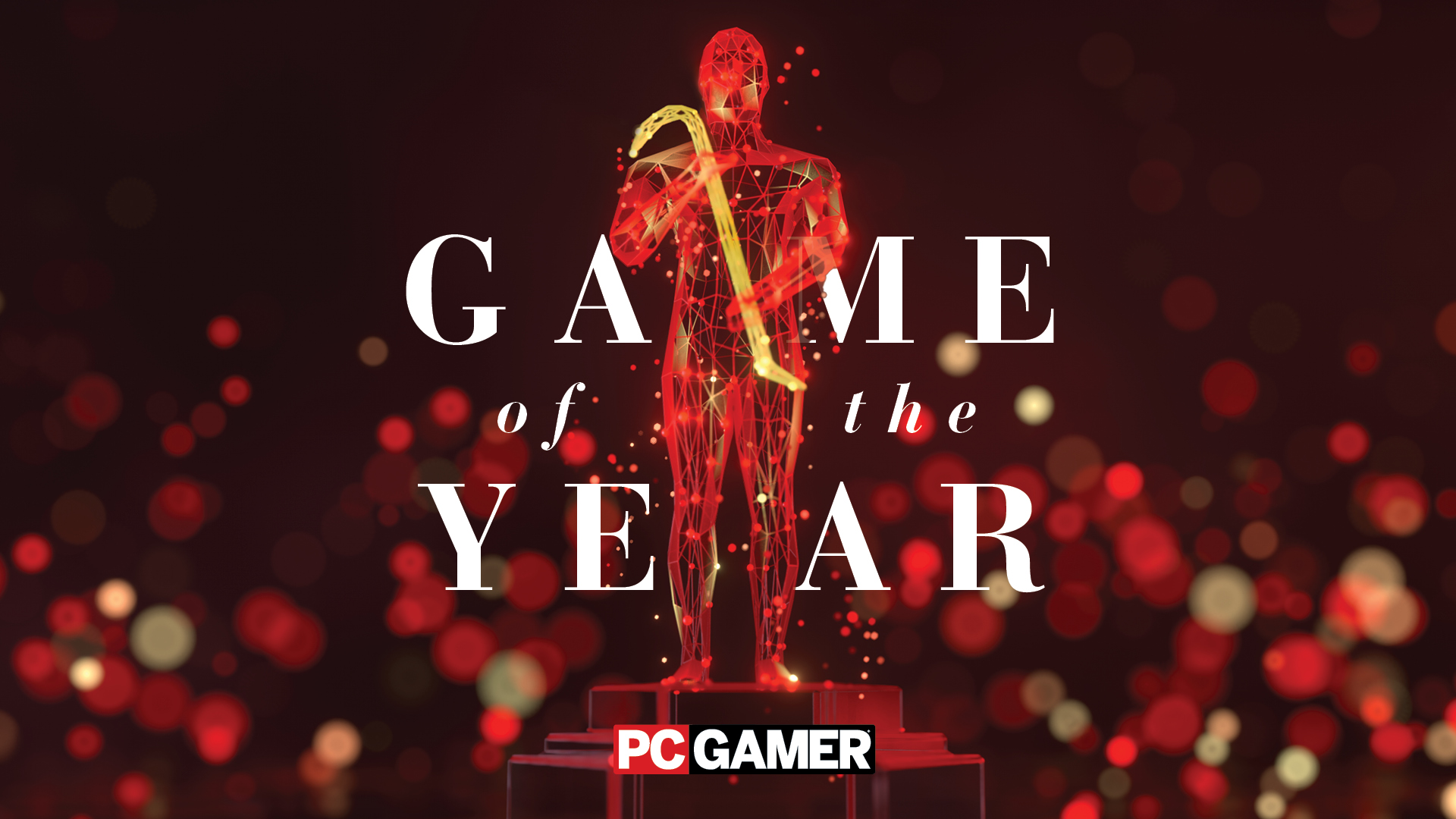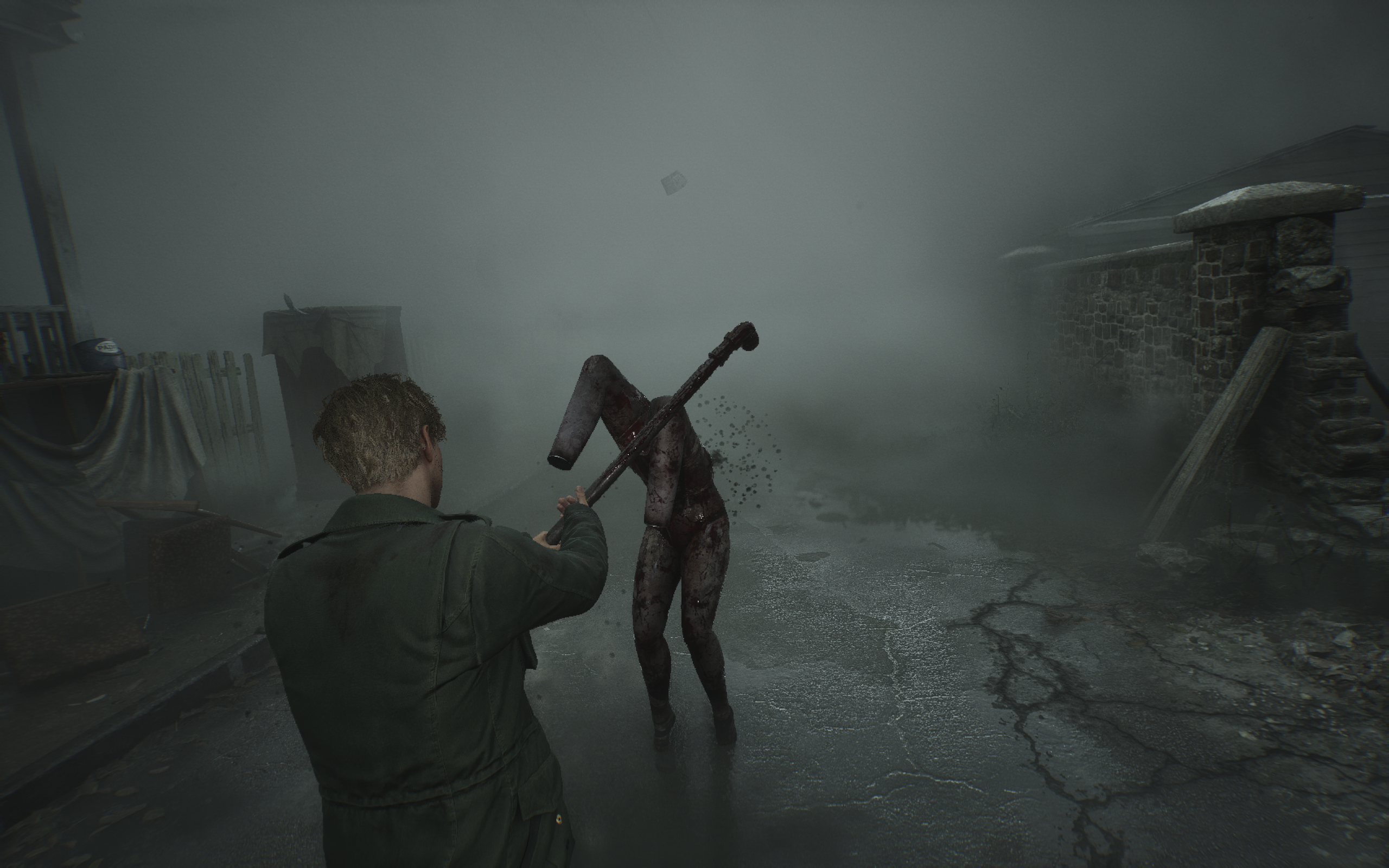Bloober's Silent Hill 2 was more remix than remake and that's why it was great
The changes add nuance, while the centre holds even as the town falls apart.


In addition to our main Game of the Year Awards 2024, each member of the PC Gamer team is shining a spotlight on a game they loved this year. We'll post new personal picks, alongside our main awards, throughout the rest of the month.
I wasn't sure Bloober Team would stick the landing. I've played a couple of the studio's previous games, Observer and The Message, and both times been disappointed when a promising beginning led to an underwhelming finale. In remaking Silent Hill 2 though, Bloober mostly stuck to the script, preserving the story and atmosphere that made the original unforgettable—the rare game where you remember exactly where you were when you first played it. The remake works because just enough has been changed to create a sense of uncertainty that has you questioning your memories, which fits Silent Hill 2 perfectly.
In the remake you visit the same parts of the USA's premiere fog-haunted nightmare holiday destination, but each location is bigger and there's extra stuff between them. Being able to go inside more of the empty shops makes the streets feel less like art on a wall at the back of the stage. See that window? You can smash it. Then you can climb inside and loot the place. Like I assume everyone else did, I smashed every window I saw until Maria called me out on it.
The puzzles were changed too, and I kept recognizing the pieces—coins, music boxes—and then realizing I had to do something different with them. It keeps you off balance, shaking the sense of familiarity. Like James, you think you're returning to a place you know, but everything about it is out of whack and off-kilter, the details obscured by fog.
The biggest change was the combat, which was changed by making it actually good. James can dodge—fortunately he can't parry, and I think adding a finicky parry-timing maneuver like all the cool kids have now would have been a step too far—while the enemies apparently went to a military academy where they somehow learned to perform advanced combat techniques while wearing wedge heels.
They're not killing machines 100% of the time though, which gives them more personality. The mannequins hide in ambush, leaping out to blatter you with the blunt footless legs they have in place of arms. But at other times you'll walk into a room and see one scurrying off as if you got home too soon and caught them putting up the balloons for your surprise party. They'll try to hide around a corner or under some furniture, but because you saw them run off you'll probably spot them—yet the cautious game of hide and seek you play is still tense.

Especially because, even when you do spot them, zooming in with your gun makes them spring to life and your flashlight flicker, throwing off your shot and resulting in a sudden frantic melee. The mannequins have gone from a minor annoyance to a huge part of Silent Hill 2's atmosphere, and that's a real achievement. They startled me more than once, but just as surprising as finding Legs & Co. around another corner was how impactful the familiar story beats were when slightly rearranged.
There were concerns that a remade Silent Hill 2 wouldn't work because it would be too good, that an essential part of the appeal was that so much of the voice acting was catshit. It's true that hearing those wild line readings in the 2001 version lowered our expectations to the point that, when Silent Hill 2 did something clever, we were extra surprised by it. But that was never central to its appeal—the first Silent Hill had a much stronger contrast between its B-movie conversations and shocking twists thanks to a significantly worse translation.
The biggest gaming news, reviews and hardware deals
Keep up to date with the most important stories and the best deals, as picked by the PC Gamer team.
Silent Hill 2 was a good script performed by amateurs, and getting in professionals—like Luke Roberts out of Black Sails and Game of Thrones as James—lets the best parts shine through. Characters still do the Lynchian thing of talking past each other as if they're experiencing completely different events, or have oddly subdued reactions to dramatic moments, only now you know it's deliberate and not the result of someone in a recording booth being told to do it with "less intensity."
Bloober's Silent Hill 2 kept the essential core of the original and built extra scaffolding around it. If the original was the radio edit, this is the extended mix, probably by Andrew Weatherall, set to a new BPM but building up to the same breakdown—one that left me just as shattered in 2024 as it did in 2001.

Jody's first computer was a Commodore 64, so he remembers having to use a code wheel to play Pool of Radiance. A former music journalist who interviewed everyone from Giorgio Moroder to Trent Reznor, Jody also co-hosted Australia's first radio show about videogames, Zed Games. He's written for Rock Paper Shotgun, The Big Issue, GamesRadar, Zam, Glixel, Five Out of Ten Magazine, and Playboy.com, whose cheques with the bunny logo made for fun conversations at the bank. Jody's first article for PC Gamer was about the audio of Alien Isolation, published in 2015, and since then he's written about why Silent Hill belongs on PC, why Recettear: An Item Shop's Tale is the best fantasy shopkeeper tycoon game, and how weird Lost Ark can get. Jody edited PC Gamer Indie from 2017 to 2018, and he eventually lived up to his promise to play every Warhammer videogame.

